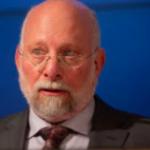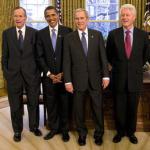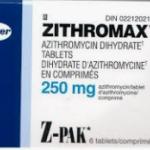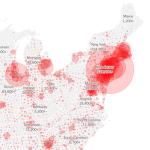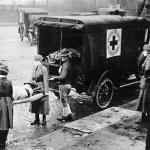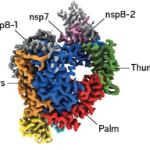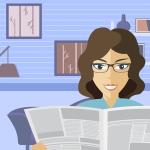# Reprinted with permission. Dr. Singer's original article can be found here.
COVID-19
Despite COVID-19 being a public health crisis, we have politicized our understanding of the disease.
As of today, the American death toll from COVID-19 stands at more than 69,000, according to Johns Hopkins.
DAY 1 Was it just last winter when we left the New Year's Eve party in a snit because we couldn't dance to the music selected by the "younger group" living in our retirement community?
The study comes from Taiwan, the country with the ambiguous “ownership.” The study is small, only 100 patients, but think of it as the pilot, not the definitive report – there is always something to learn.
This article was originally published at Geopolitical Futures. The original is here.
The latest news on coronavirus has been mixed.
